BLACK MILK OF DAYBREAK
Essay by Ashraf Jamal, published by SKIRA in the book Strange Cargo.
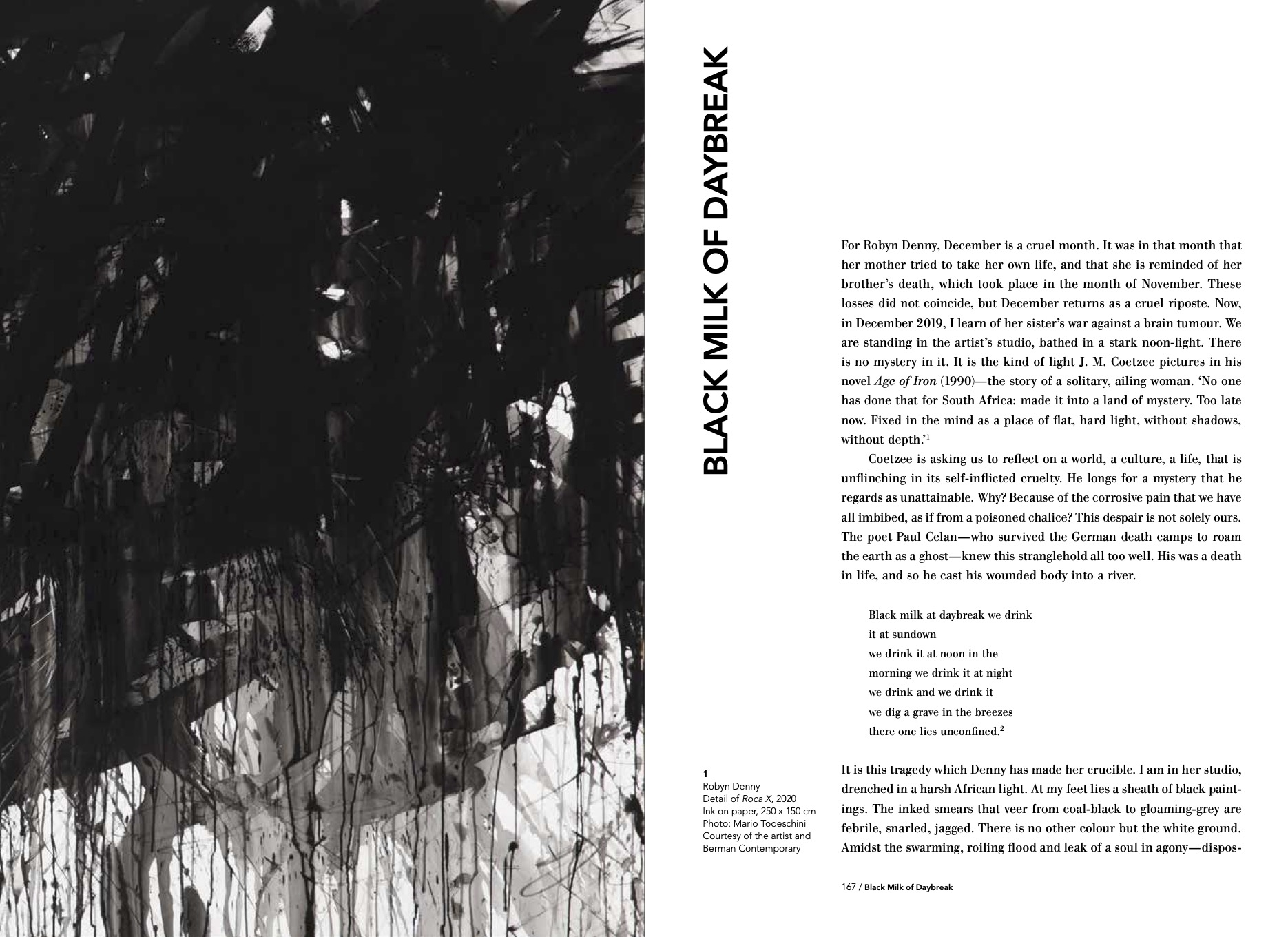
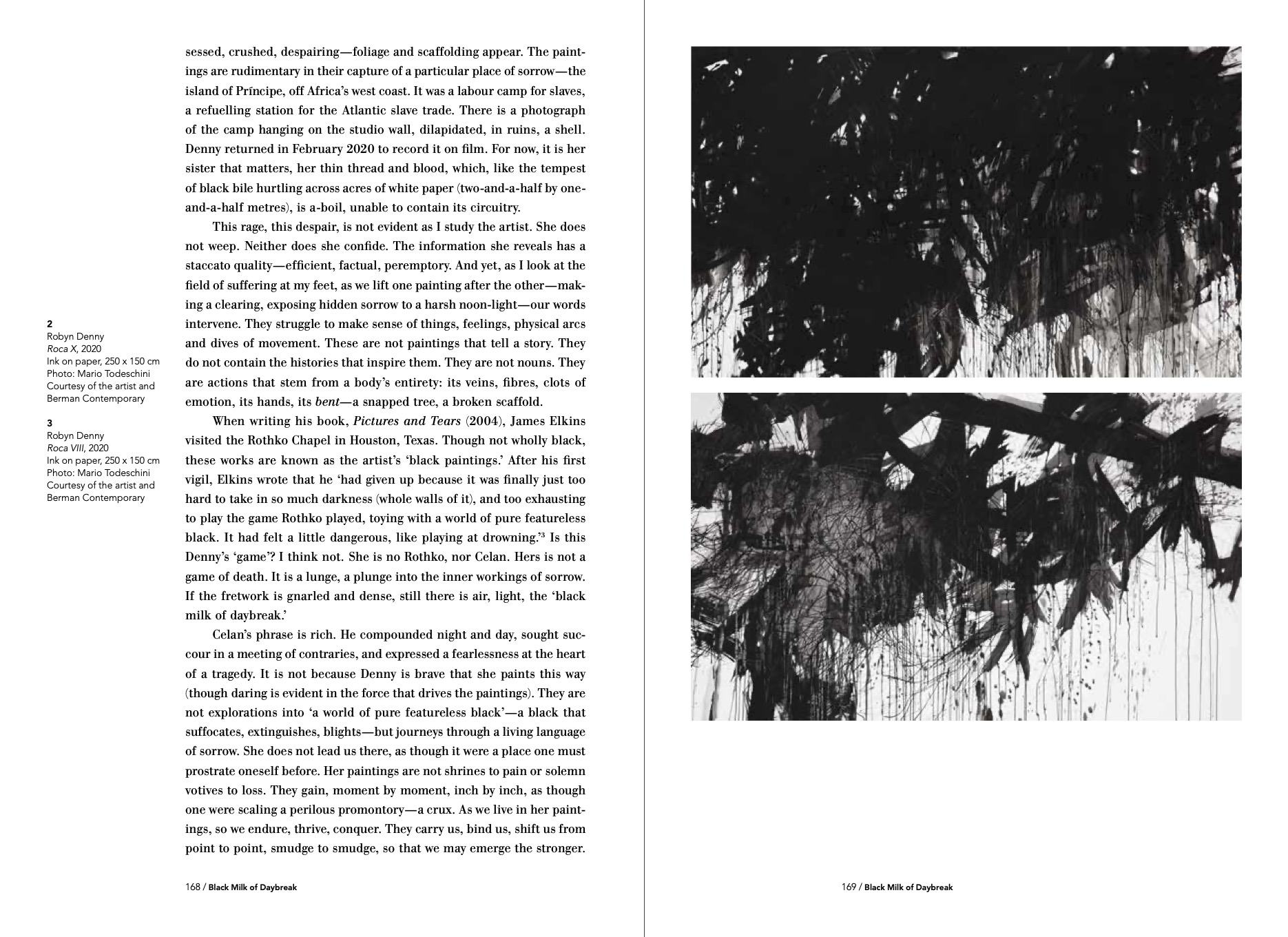
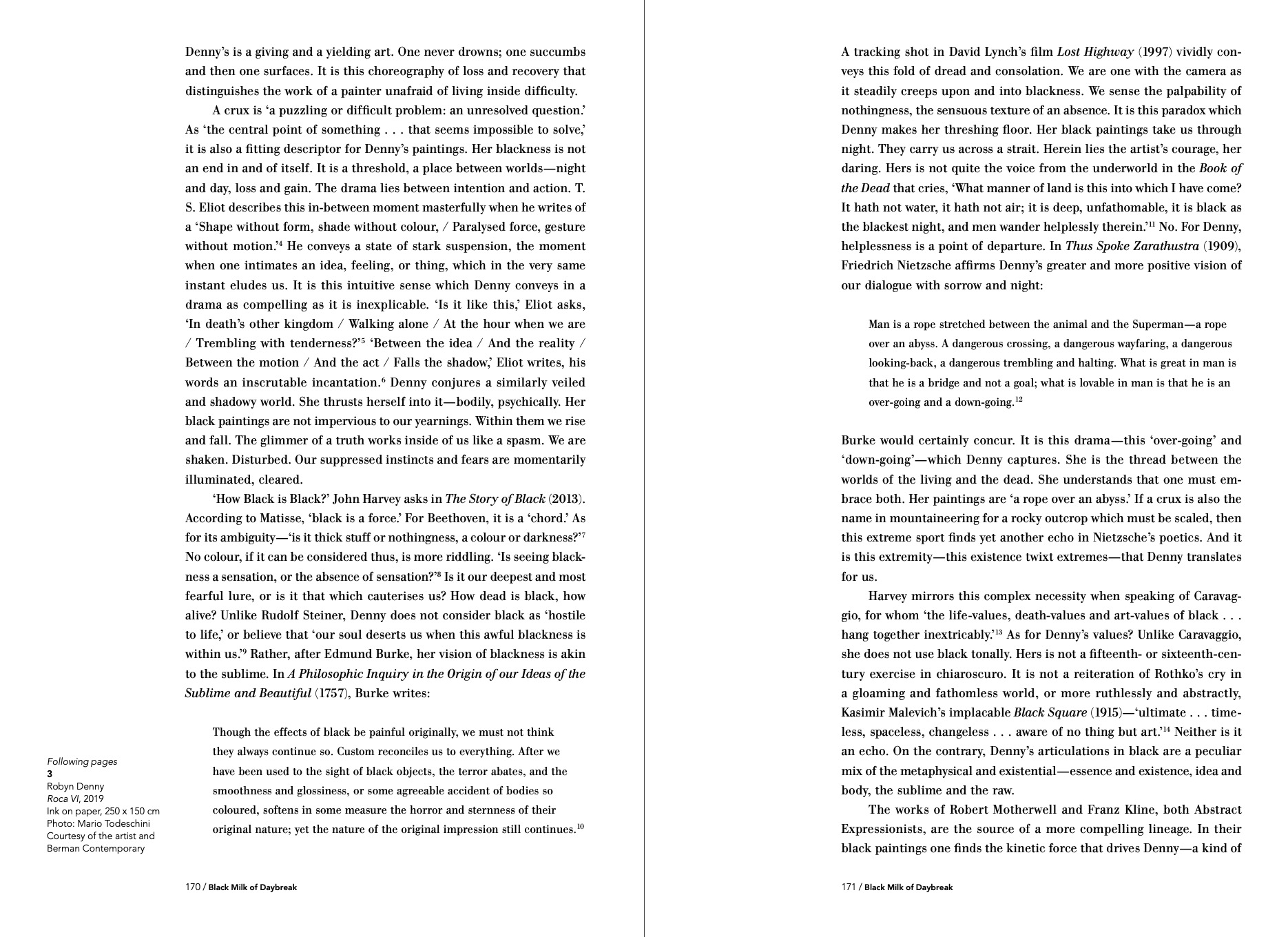
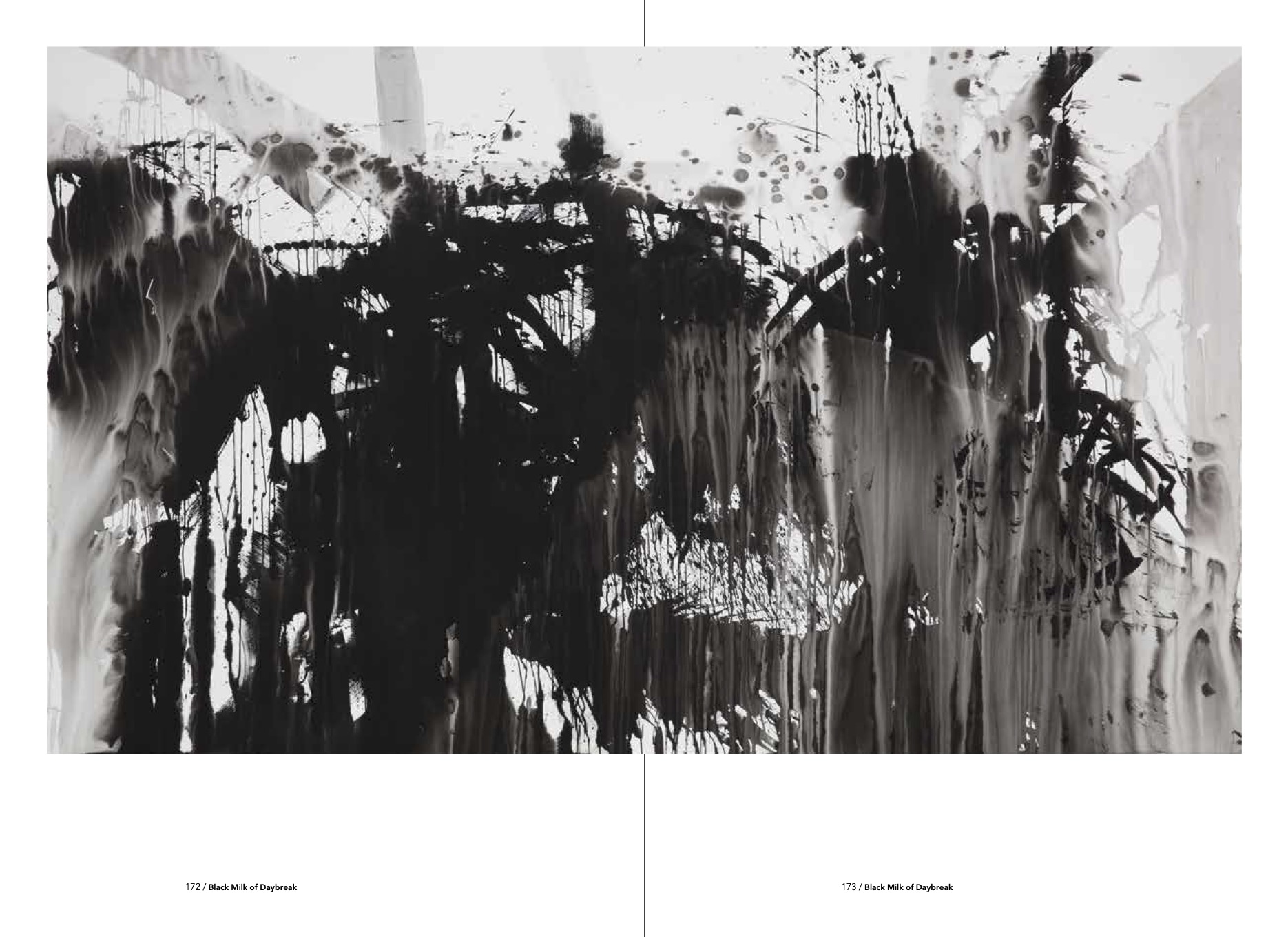
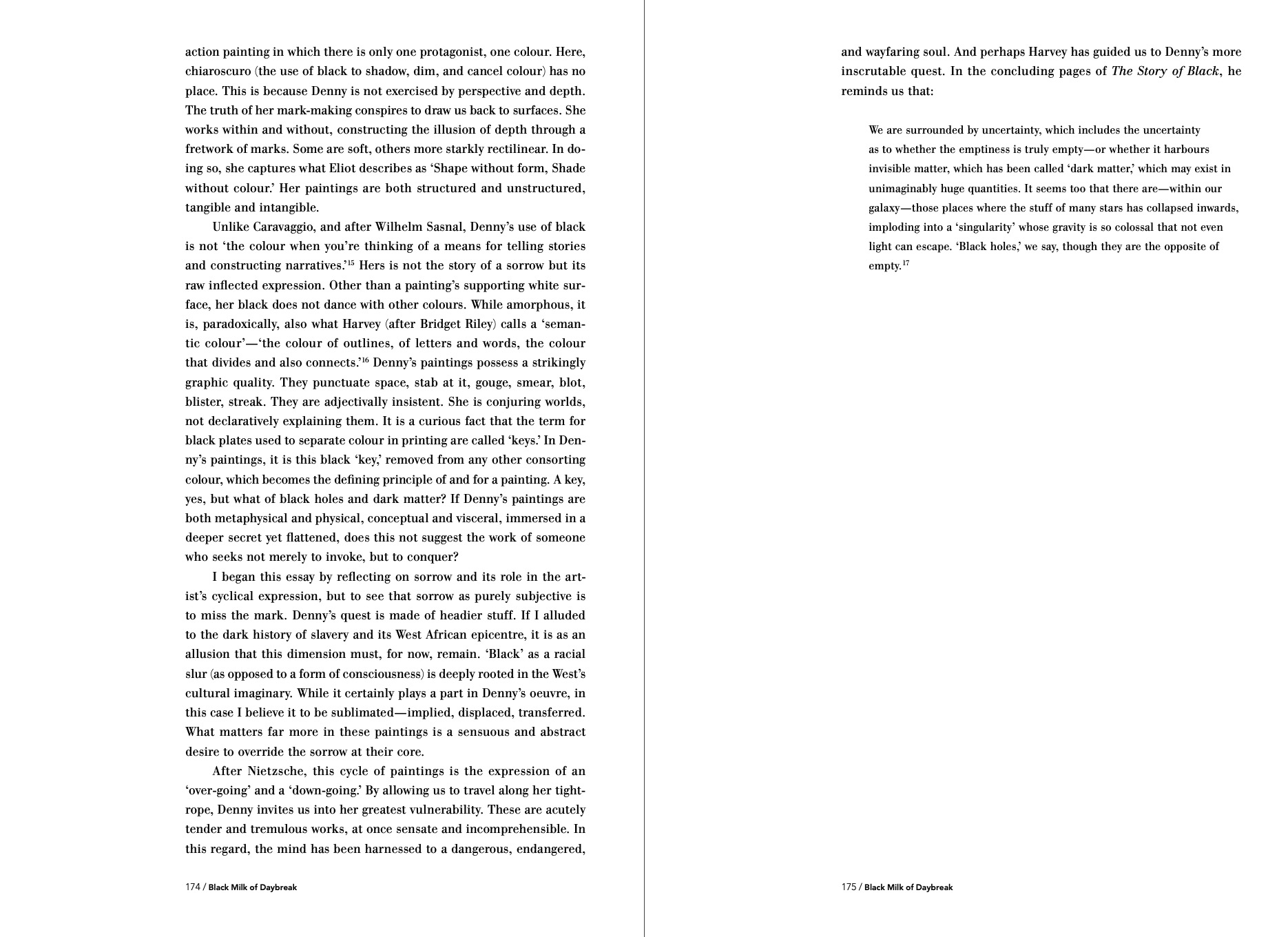
TRACES OF UNTOLD STORIES
City Life Arts Feature by Edward Tsumele
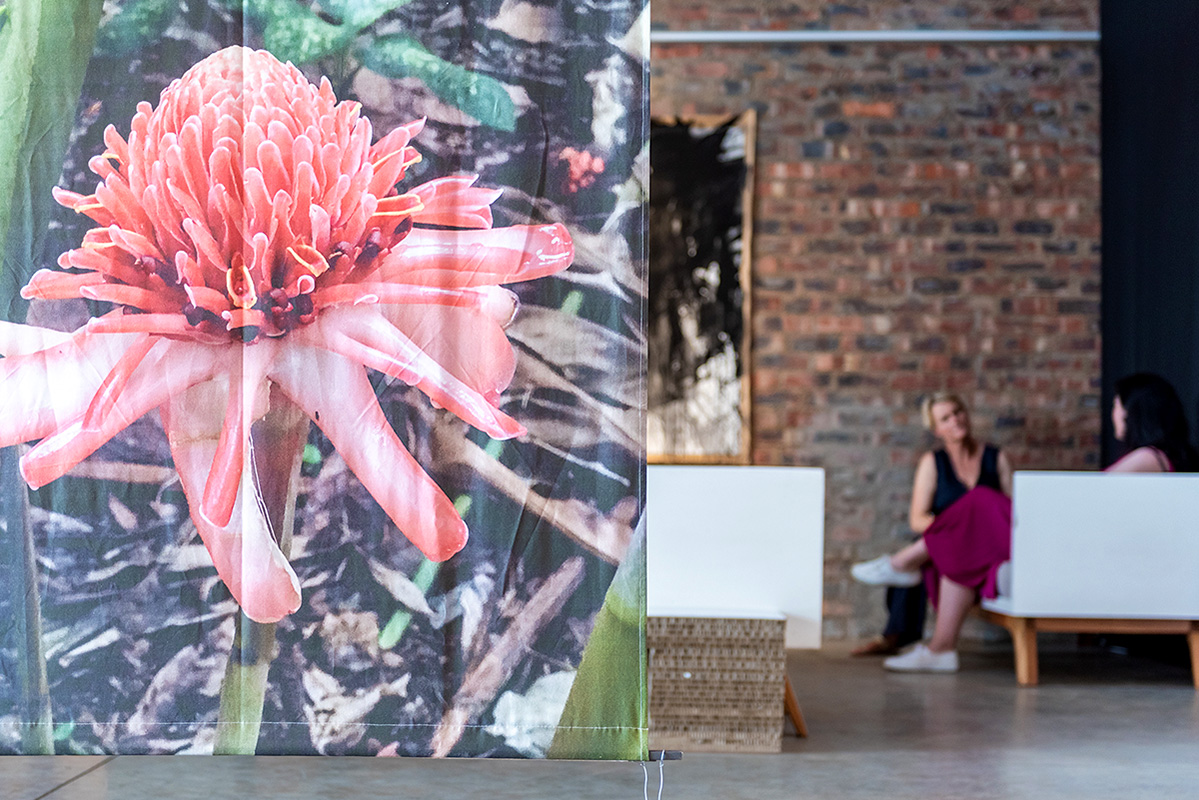
See the feature on the City Life Arts website here.
Visual artist Robyn Denny excavating hidden colonial histories
This exhibition Traces of Untold stories is at Berman Contemporary 24 October 22 November
Visual artist Robyn Denny was born in KwaZulu-Natal surrounded by sugar cane plantations and inevitably witnessing the levels of inequality between farmers, who at that time would have been all white and farm labourers who would have been predominantly black.
Of course as a child growing up during this difficult time in South Africa (she was born in 1972), when apartheid was part of society’s fabric, and black people were treated as cheap labour and less human than their white counterparts, questions were bound to form in her mind, and a certain level of consciousness about justice and fairness were also bound to develop in her young mind. And they did.
It is this background and the experience of growing up in an unfair society that today forms a large part of her art practice. In her art practice Denny seeks to reveal things and histories that were denied to her by not only her parents, but white society at large. It is traces of this once hidden history that she excavates through mainly film, still photography, ink drawings and installations.
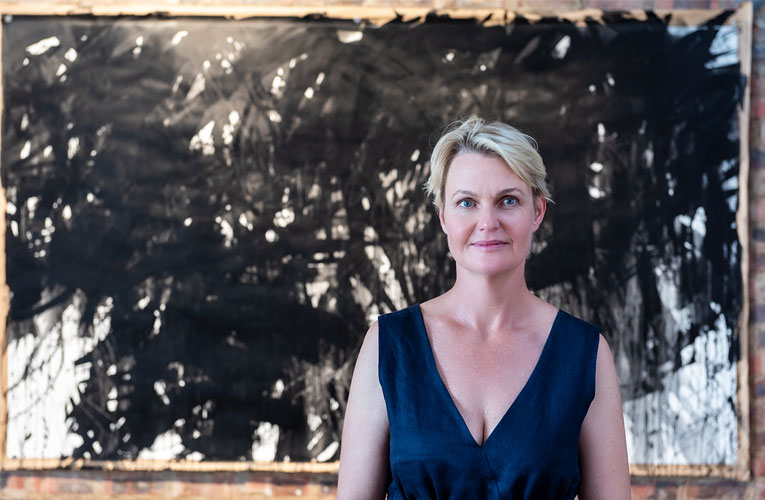
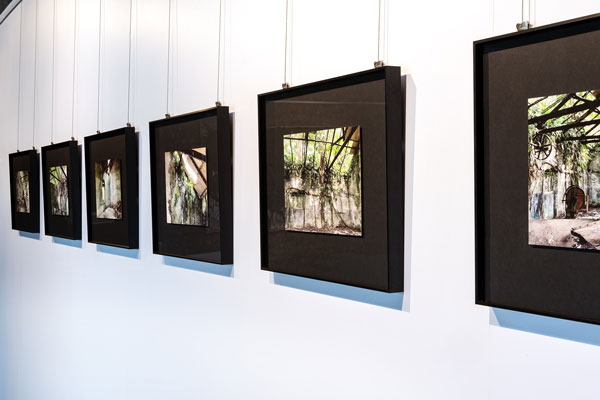
Her latest exhibition, entitled Traces of Untold Stories currently on at Berman Contemporary Gallery at Rand Steam Shopping Centre in Richmond, Johannesburg, is a classic example of her art practice. Curated by Els Van Mourik, this exhibition could easily alternatively be entitled Traces of Hidden History if the curator wished so wished, for it also talks to the idea of hiding things that happened and some people enjoyed at the time, but are now embarrassed to admit culpability. For example, I am sure today many know someone who will not admit that they actually benefitted from apartheid policies.
Admission to having benefitted from apartheid policies folks is not the same thing as saying that you agreed with the whole thing. These are two different matters. Traces of Untold Stories is a multi-media exhibition, which through film, photography and sketches in ink, tells the painful story of a doomed Island, where colonialism traces are still visible through ruins and the tortured topography of the place, as well as intergenerational trauma suffered by slaves till 1975 and still traceable through the blood veins and emotional scars of the 8000 or so inhabitants of the Island. These are the off springs of slaves that were brought to the island by Portuguese colonialists and captors to work on sugar plantations and make huge profits for these slave masters. The pain is traceable through these sketches, the photographs of the ruined island, as well as the film and the haunting film score, a song sung by slaves as they toiled and contemplated their future under the hard grip of their masters.
As Denny went there to this island to film and take photographs of this island, early this year, just before lockdown was declared, the scene would have reminded her of her own experience of witnessing farm workers’ exploitation in the place of her birth, KwaZulu-Natal in the 1970s as she grew up. The emotion she may have felt as she worked on this project is easily visible especially through the powerful ink drawings on paper, which are her interpretation of her photographs and the emotions she felt when she worked on the island on this body of work. The song that accompanies the film is a painful one to listen to as this is a song that was sung by slaves during that time of colonialism. The Traces Oof Untold Stories exhibition is a powerful narrative of how brutal colonialism was on this island, and on its wake are visible evidences of its destruction, well captured in song, film, photography and ink by Denny.
Denny, born in South Africa in 1972, is a painter and video artist. She majored in painting at Michaelis School of Fine Art, Cape Town, then attained a Master of Fine Arts from Goldsmiths College in London, where she graduated primarily in video art. After graduation Denny co-curated Juncture in London and Cape Town, the critically renowned group show, and created her own video installation for it – Earth, Air, Fire, Water. Denny furthered her film studies at the New York Film Academy in London, and her short film Green Mandala won official selection at the Palm Springs and Durban International Film Festivals.
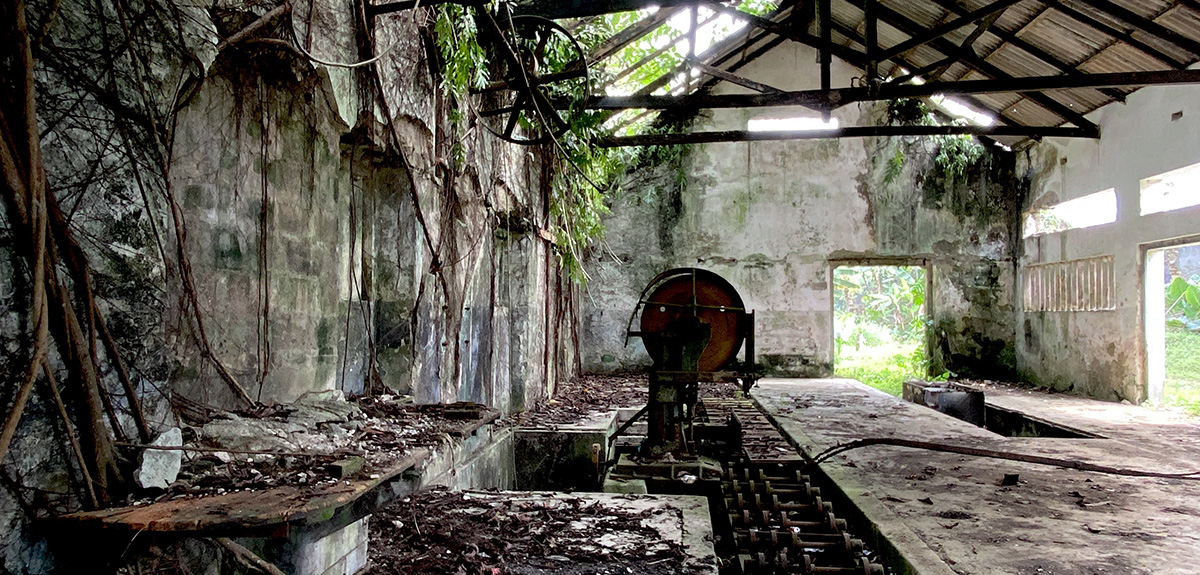
Visual artist Robyn Denny
A solo exhibition of large black works, Ink Paintings Underground at The Hudson, marked the artist’s return to painting. In 2015, Denny co-directed with Mamela Nyamza a multi-panel film projection of the collaboration Hatched 2015, creating a proscenium arch effect, a filmic backdrop for Nyamza’s live performance. Hatched 2015 was then selected as a video piece at LOOP Art Fair, Barcelona. In Madrid, Slowtrack, Marta Moriarty’s Gallery, reincorporated this live performance. Yet it was the integration into the space of Denny’s paintings that completed the series. Denny’s Indigo– Passage to Healing paintings were selected for AKAA Art Fair Paris 2017. This was, again, a collaboration, with a performance by Nyamza that heightened the experience. Her solo show East Coast Goldfollowed at Berman Contemporary in 2018.
“Growing up in Durban, sugar plantations surrounded me – it was their lush fecundity which first drew me in. Yet over time, a guttural unease – unconscious, unarticulatable – began to emerge. As a girl, visiting the Mauritian sugar plantations echoed and amplified these guttural inklings. Now in Príncipe, where the old sugar and chocolate estate ruins are being devoured by nature, traces can be found about how plantations – such as the ones of my childhood – came into being. A tension and devouring is enacted in the foliage and architecture I paint and film on this barely known African island off Equatorial Guinea. Here, I can feel in my epigenetics the recent violent thrust of the British/Dutch East India Companies, and the Portuguese with their own imperial economic voracity. A colonial wrenching and exploitation of a people to extract from Príncipe, but also from Mauritius and Durban, the sweet yet bitter yields of my childhood. Nearing the completion of this film and painting cycle, the arc of exploration can be distilled into one motif: ‘tropical plantations and their subterranean stories,” says Denny in her artist statement accompanying the exhibition.
“In order to understand where you are going, you need to understand where you have come from. The exhibition Traces of Untold Stories reveals the work of an artist who is questioning, rather than accepting, the subterranean stories that her parents’ generation have been holding on to. By exploring traces of untold stories, Robyn Denny forces herself and her viewers to see the unspeakable aspects of the colonial past and conflicted present. Robyn’s earlier work was drawn from different sites across the African continent, where she engaged in an artistic process with a relevant lens to the topics of colonial expansion: plantation life, enslavement, personal narratives, trauma and renewal. Her artistic practice reflects the dual problems of the broader public inability to come to terms with the past and the undercurrent of denial of the immediate past. In her artistic vision, the unravelling of the colonial history cannot undo itself without an effort from those who were beneficiaries of the system of oppression,” explains van Mourik in her curatorial statement.